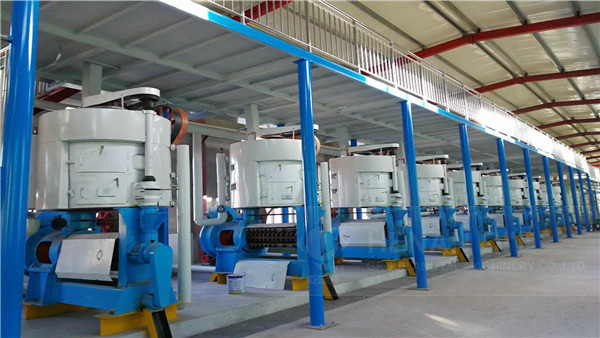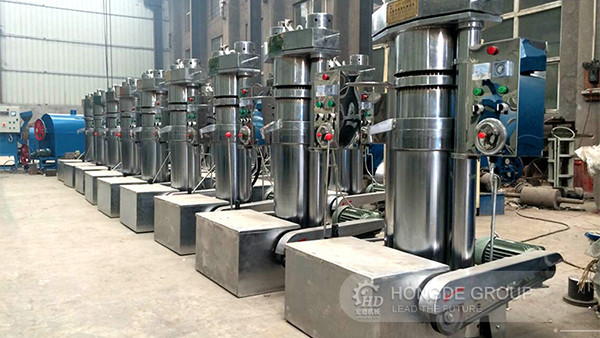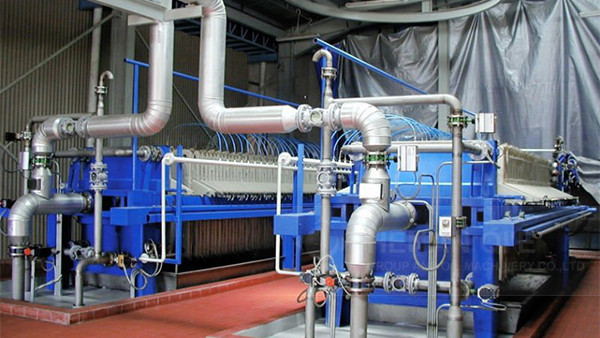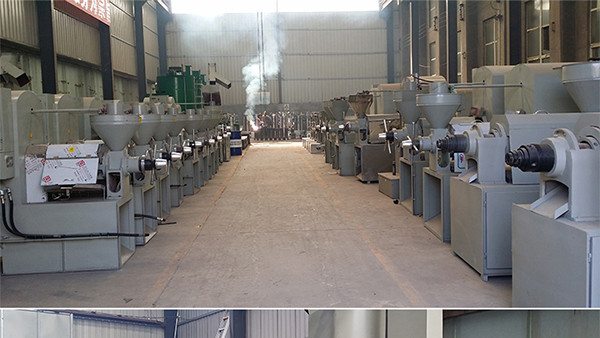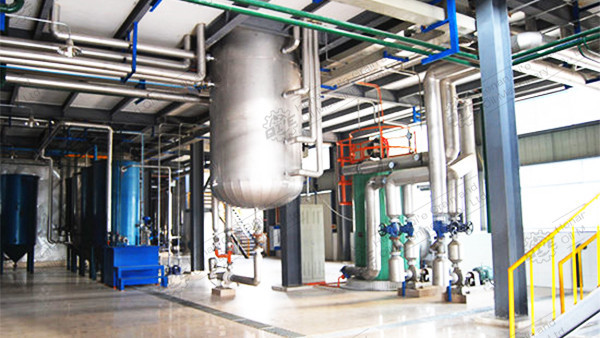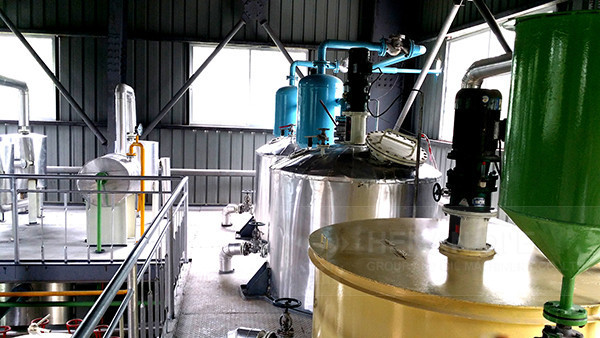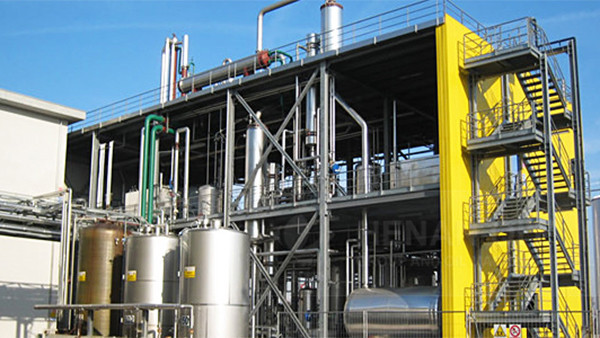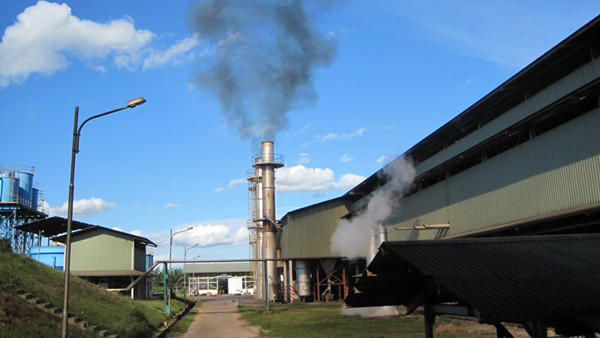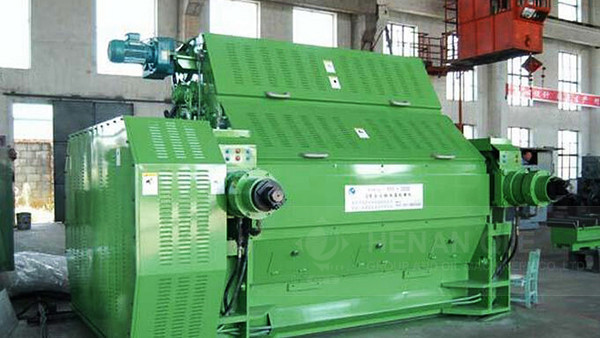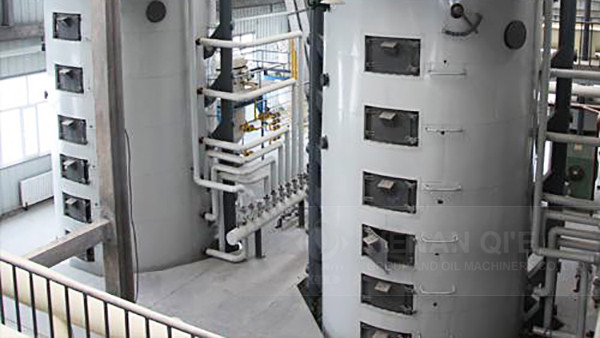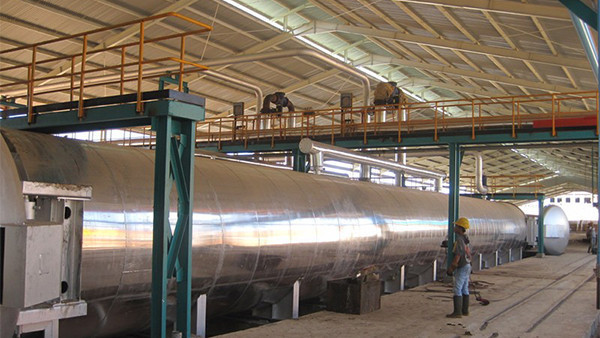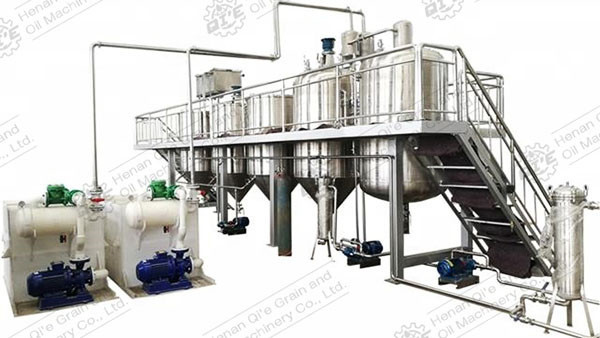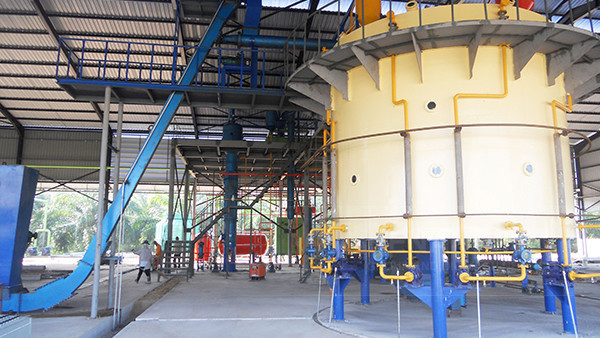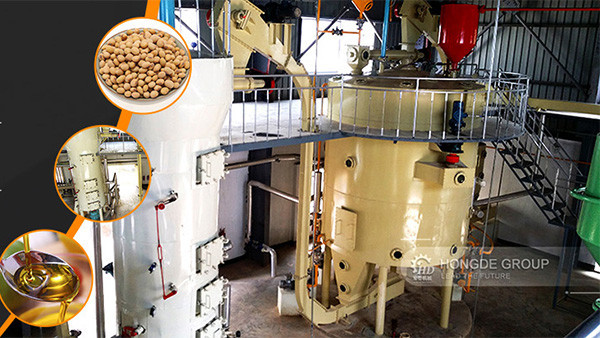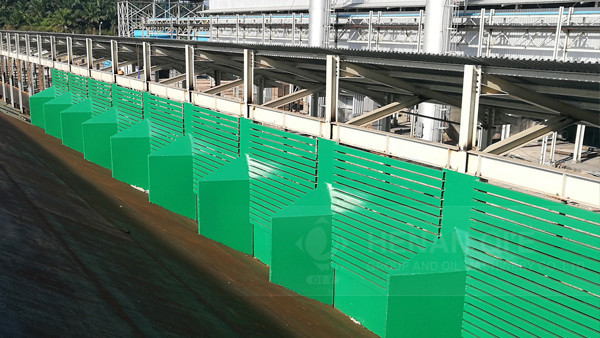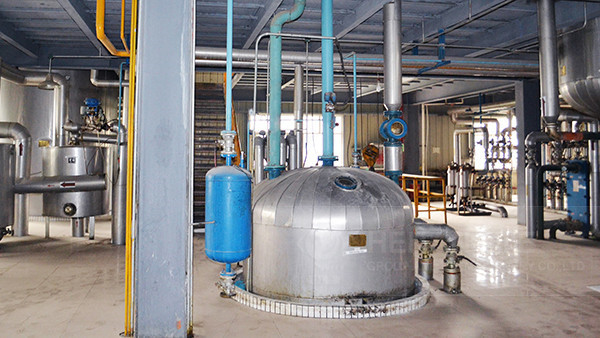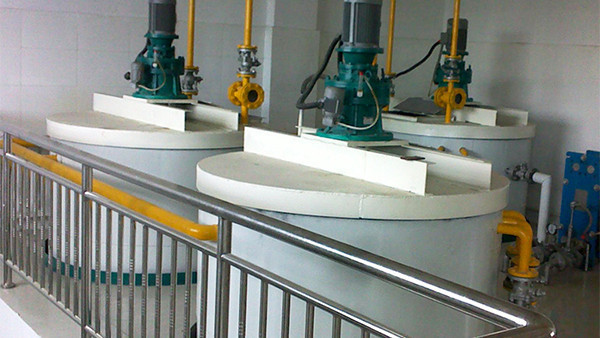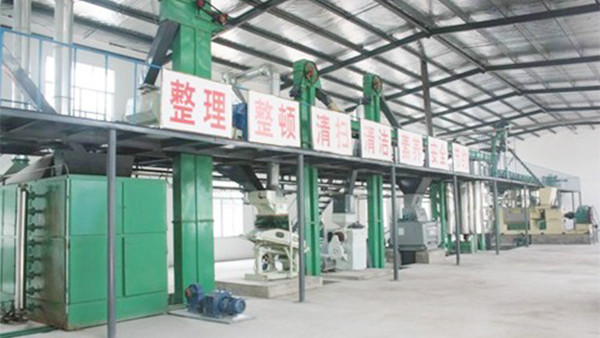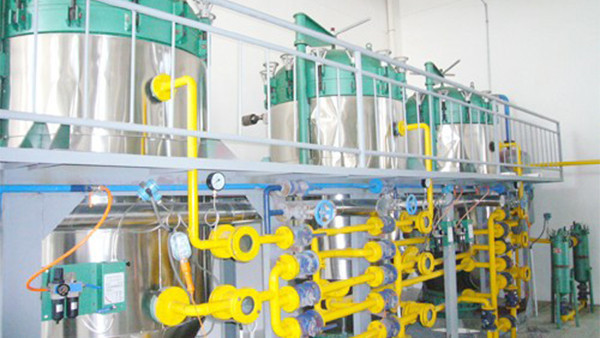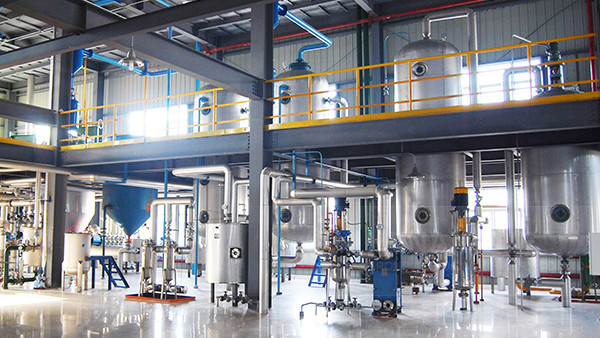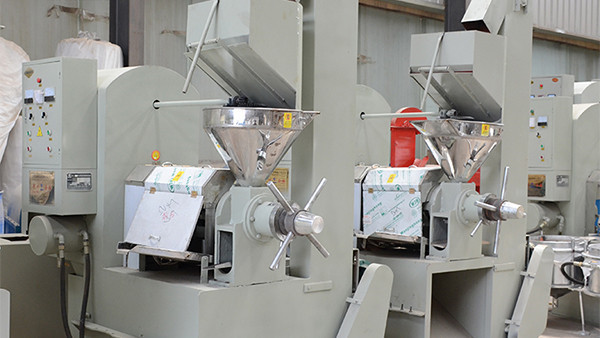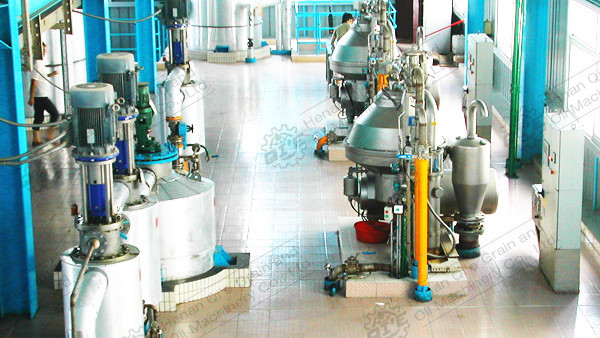
Soybean oil deacidification by liquid¨Cliquid extraction using
This alternative deacidification process by liquid¨Cliquid extraction uses ethanol, a generally recognized as safe (GRAS) solvent, which allows minimizing the losses of nutraceutical compounds present in the oil. In fact, this study provides data that can be used to design a renewable solvent©based soybean oil deacidification process.
Get Inquiry
Soybean Oil Extraction and Processing | SpringerLink
Soybeans are the dominant oilseed in both U.S. and world markets. During a typical year soybean production comprises over half the worldwide oilseed production ( Anonymous 1995 ). However, according to Dutton (1981) in the early 1940s, soybean oil was considered a poor quality oil, not suitable for food use, and more appropriate for use in
Get Inquiry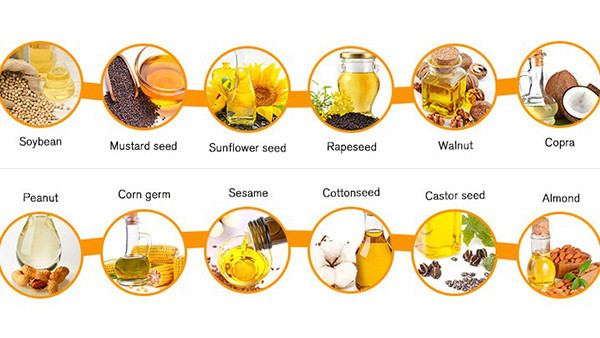
Production of Candle from Oil Extract of a Legume
- Determination of oil yield by varying extraction time, weight of sample and quantity of solvent. The oil yield for the extraction of soybean oil with hexane for 2, 4, 6 and 8 hours is shown in
Get Inquiry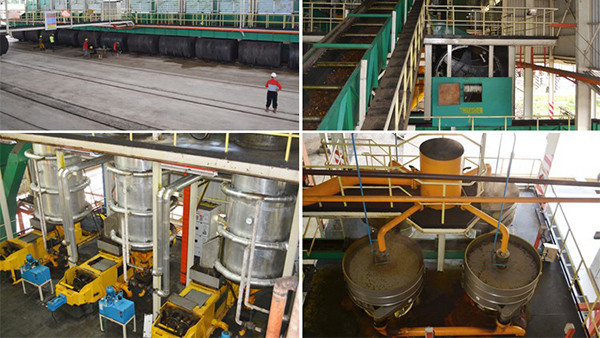
Aqueous extraction of oil and protein from soybean and lupin
The vegetable oil industry is looking for alternatives to the traditional solvent extraction of oil-bearing seeds, and there is a need to increase the inefficient conventional aqueous extraction
Get Inquiry
Recent advances in green soybean oil extraction: A review
Environmental issues and human safety problems associated with using hexane in soybean oil extraction have stimulated several investigations on alternative solvents for this process. In this context, this review aims to describe the use of green solvents and the leading technologies applied to extract soybean oil and other vegetable oils.
Get Inquiry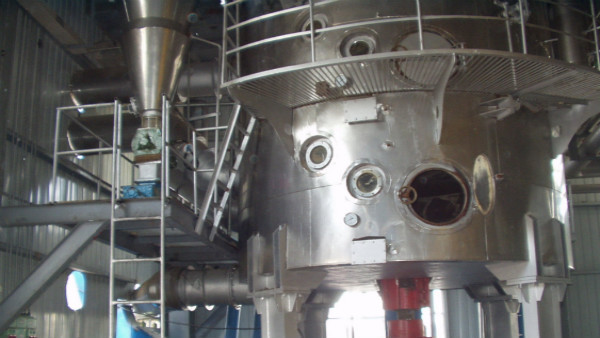
OILSEED PROCESSING ¨C CONDITIONING & DRYING
Canola seed is about 40% oil. The seeds are crushed to obtain canola oil for human consumption and the remainder is processed into canola meal which is used as a high protein livestock and poultry feed. Soybeans Soybeans are primarily grown for their meal while oil is a secondary product. Today Soybean provides the vast majority of world¡¯s
Get Inquiry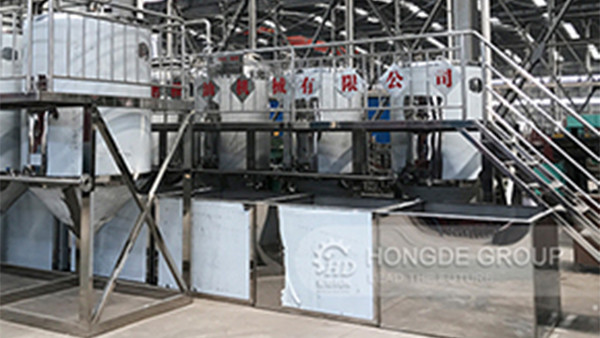
Studies on alternative solvents for the extraction of oil©I
There are many studies on soybean oil extraction using green solvents. Gandhi et al. [43] discussed pure and aqueous solvents and azeotropes of n-hexane, ethanol, and n-propanol for extracting
Get Inquiry
EVALUATION OF THE PARAMETERS AFFECTING THE SOLVENT EXTRACTION
Soybean is grown primarily for its protein content and secondarily for its oil; it is an excellent protein supplement for enriching cereal diet. The primary processing of soybean before oil extraction include cleaning, cracking, flaking and conditioning, these ruptures the oil cells, for efficient extraction. Most modern oil extraction industries use the solvent extraction process and the
Get Inquiry
Soybean oil extraction with ethanol from multiple-batch
Despite the fact that soybean oil extraction with hexane is more efficient, in terms of a more concentrated miscella, the outcomes obtained in this study revealed that is possible to exhaust the raw material with ethanol, and that a high oil recovery value can be reached when a S/F = 3/1 is employed. Although the extract obtained with ethanol
Get Inquiry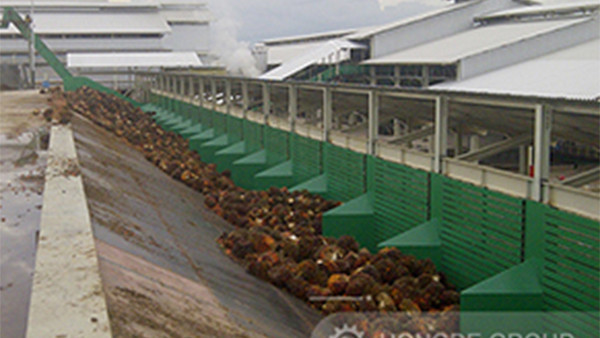
Recent advances in green soybean oil extraction: A review
Perspectives for using green solvents in soybean oil extraction. Disregarding the information about reuse, recovery, and technical-economical, which has a considerable lack of literature, the replacement of hexane in the industrial processes with a green solvent seems to be the best alternative for soybean oil extraction.
Get Inquiry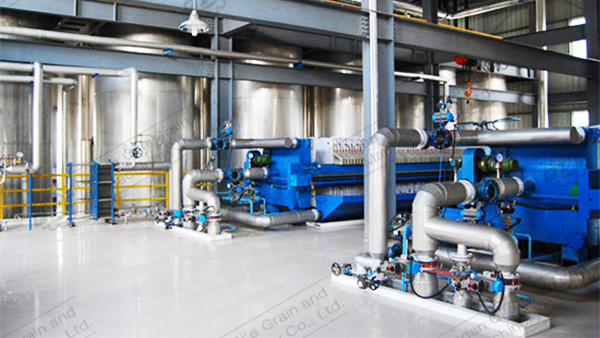
Processes | Free Full-Text | Extraction Methods of Oils
As with soybean oil extraction, the economic feasibility of alternative green extraction methods for other seeds were demonstrated to be dependent on their co-products. The values of the co-products (rapeseed meal and molasses) compensated for the higher crushing costs resulting from ethanol extraction compared to the hexane extraction of rapeseed oil [ 37 ].
Get Inquiry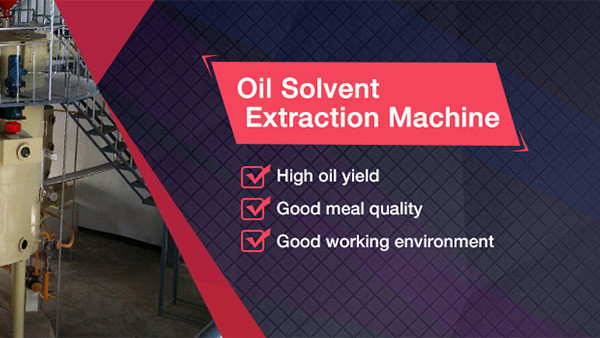
Green solvents and technologies for oil extraction from oilseeds
Similarly, after extraction of oil from soybean around 84.7% of activity was observed in aqueous phases . Apart from the above measures, AEE process saves energy by alleviating the necessity of solvent (used for stripping), process monitoring (in SE volatile compound emission has to be controlled) and simultaneous oil and protein recovery may compensate the challenges in the implementation of
Get Inquiry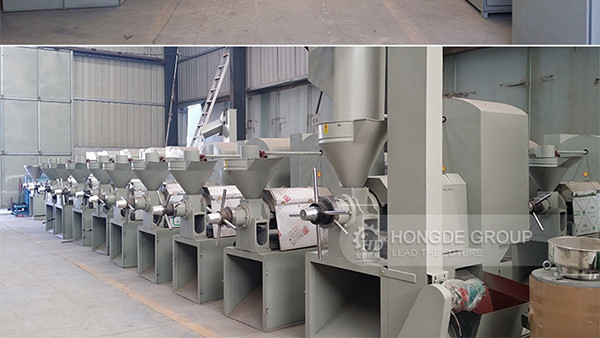
Recent advances in green soybean oil extraction: A review
Soybean oil extraction at the boiling point of p-cymene gave a yield of 31.63 1.50 g/g DM compared to 24.28 1.11 g/g DM for n-hexane. The extraction yield for n-hexane is in line with the
Get Inquiry
Soybean oil extraction with ethanol from multiple-batch assays
Despite the fact that soybean oil extraction with hexane is more efficient, in terms of a more concentrated miscella, the outcomes obtained in this study revealed that is possible to exhaust the raw material with ethanol, and that a high oil recovery value can be reached when a S/F = 3/1 is employed. Although the extract obtained with ethanol
Get Inquiry
Soybean oil deacidification by liquid¨Cliquid extraction using hydrous
This alternative deacidification process by liquid¨Cliquid extraction uses ethanol, a generally recognized as safe (GRAS) solvent, which allows minimizing the losses of nutraceutical compounds present in the oil. In fact, this study provides data that can be used to design a renewable solvent©based soybean oil deacidification process.
Get Inquiry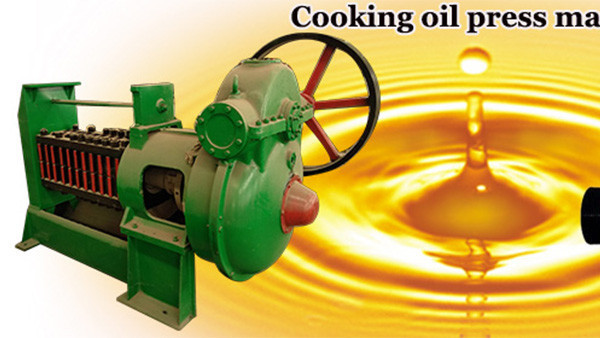
Mechanisms of Aqueous Extraction of Soybean Oil | Journal
Aqueous extraction processing (AEP) of soy is a promising green alternative to hexane extraction processing. To improve AEP oil yields, experiments were conducted to probe the mechanisms of oil release. Microscopy of extruded soy before and after extraction with and without protease indicated that unextracted oil is sequestered in an insoluble matrix of denatured protein and is released by
Get Inquiry
Advances in Aqueous Extraction Processing of Soybeans
Aqueous extraction processing technologies, having advanced in recent years, may be a viable alternative to hexane extraction to separate oil and protein from soybeans. Different extraction strategies incorporating various modes of comminution, extraction buffers, and enzymes allow production of a range of oil and protein products, but also create different processing challenges.
Get Inquiry
Studies on alternative solvents for the extraction of oil©I soybean
Ad-Hoc Project on Alternate Solvent, Soybean Processing and Utilization Center, Central Institute of Agricultural Engineering, Bhopal 462038, India *Correspondent: Fax: 91-0755-734016; e-mail: [email protected] Search for more papers by this author
Get Inquiry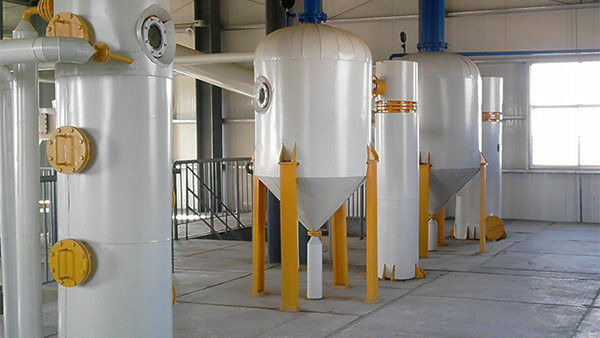
EFFECT OF RAW MATERIAL MOISTURE CONTENT ON THE SOYBEAN OIL EXTRACTION
Soybean oil is commonly extracted from soybeans using hexane as the solvent. Recently, due to environmental and safety concerns, the search for alternative solvents is becoming a developing area. In this context, ethanol has gained attention as a potential solvent for vegetable oil extraction.
Get Inquiry
